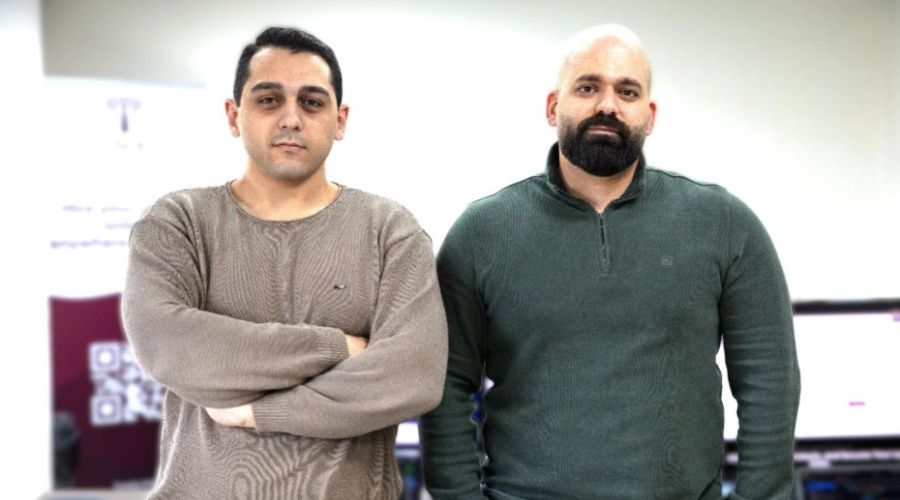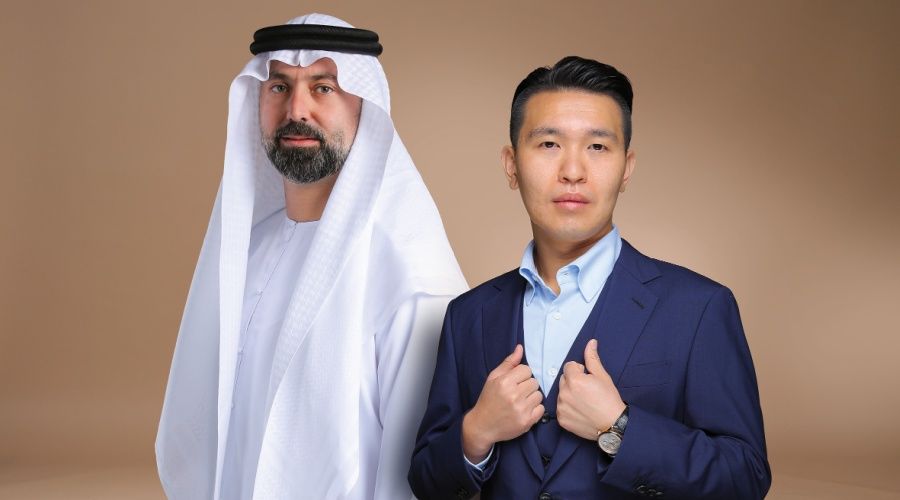Egyptian startup TradeHub, a digital platform dedicated to supporting local manufacturers and facilitating trade, has announced that it is shutting down its operations. In a move praised for its responsibility, co-founders Ahmed Gaber and Ahmed Atef have officially returned all remaining capital to their investors.
By the Numbers
The startup’s journey was short but well-funded:
- $1.4 Million: The amount of pre-seed funding the company raised in February 2024.
- 18 Months: The period the founders spent validating and experimenting with their business models after starting in late December 2023.
- 2 Pivots: The company shifted from a cross-border B2B marketplace to a SaaS tool for automating B2B sales.
The Challenge of Product-Market Fit
After starting in late 2023 and quickly securing a $1.4 million pre-seed round, the founders spent the next 18 months validating their initial idea for a cross-border B2B marketplace before pivoting to a SaaS tool for automating B2B sales. Despite their best efforts, the co-founders were unable to achieve the necessary product-market fit. After accepting this reality, they made the difficult but responsible decision to liquidate the company and return the remaining capital to their investors.
A Lesson in Knowing When to Let Go
In a post detailing the decision, co-founder Ahmed Gaber explained why they chose not to pivot to a third idea. “The short answer is: conviction,” he wrote. “As we explored multiple areas and learned from our experiences, we no longer had enough conviction in a third idea to justify the risk of continuing. We didn’t feel it was responsible to continue just to ‘try something else’”.
Gaber, whose first startup, Bosta, became one of the most successful companies in the Middle East, shared a powerful lesson for other entrepreneurs. “I realized that knowing when to let go of an idea is just as important as knowing when to push forward… Making the difficult, but responsible, decision to stop was a sign of maturity, not surrender”. He added that this journey taught him that failure is not the opposite of success, but a valuable part of the process.
Source: FollowICT














